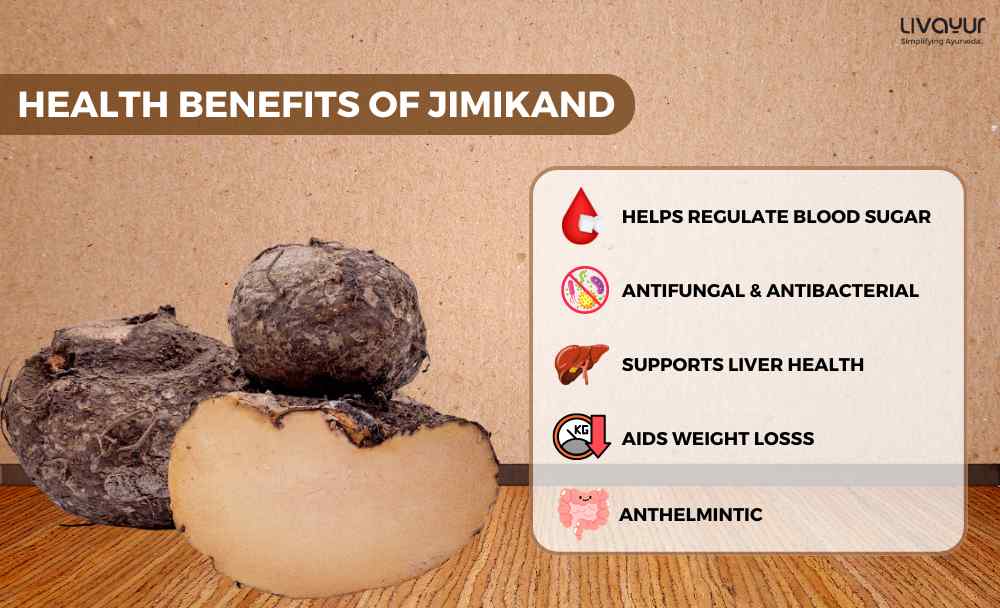
Jimikand, also known as Suran or elephant foot yam, is a nutritious tuber vegetable that is a staple in many Indian and Asian diets. With its mild, nutty flavour, jimikand is delicious when prepared with spices and herbs. But beyond its culinary uses, jimikand has been used traditionally in Ayurvedic and folk medicine for its powerful health properties.
In this detailed guide, we will explore the many evidenced-based health benefits of incorporating more jimikand into your diet. From potential anti-diabetic properties to antimicrobial and antifungal abilities, read on to learn more about this incredible vegetable.
An overview of the synonyms of Jimikand
Many other names around the world know other names for Jimikand Jimikand. Some common monikers include:
- Suran or shuran
- Elephant foot yam
- Jimikand potato
- Zimikand
- Taro root
- Arvi or arbi
Nutritional value of Jimikand
Packed with vitamins, minerals, and other beneficial plant compounds, jimikand provides various nutrients in just one cooked cup (150g).
| Nutrient | Amount |
| Calories | 187 |
| Carbohydrates | 45g |
| Fibre | 5g |
| Vitamin C | 20% DV |
| Vitamin E | 11% DV |
| Vitamin B6 | 23% DV |
| Potassium | 23% DV |
| Copper | 32% DV |
| Manganese | 30% DV |
With substantial amounts of blood sugar-regulating fibre and nutrient-dense vitamins and minerals, incorporating more jimikand into your diet can provide some solid nutritional benefits.
Properties of Jimikand
Jimikand is described as having a sweet (madhura) and astringent (kashaya) taste. It has heavy (guru) and dry (ruksha) qualities and has cooling energetics (sheeta virya). According to traditional practices, this combination of medicinal properties gives jimikand the following effects:
- Improves digestion
- Pacifies vata and pitta
- Nourishes the body and increases strength
- Supports healthy elimination
- Soothes inflammation
Health benefits of Jimikand
With such a star nutrient profile and history of traditional use, it’s not surprising that Jimikand offers some science-backed health benefits. Here’s an overview of some research into suran’s medicinal superpowers:
- Regulates Blood Sugar Levels
- Powerful Antimicrobial Effects
- Supports Digestion
- Aids Weight Loss Efforts
- Anti-Inflammatory (2)
- Antifungal Properties
- Liver Protective Effects
- Anthelmintic Abilities
Benefits of Jimikand for diabetes (3)
With nearly 65% of its calories coming from starch-based carbohydrates, you may wonder if jimikand is a smart choice for regulating healthy blood sugar levels. Interestingly, human and animal research indicates that Suran has antidiabetic abilities that can help manage and prevent diabetes complications.
Consuming jimikand helped reduce fasting blood glucose levels, haemoglobin A1C values, and lipid profiles in subjects with and without diabetes. Researchers believe naturally occurring compounds in Suran are responsible for the vegetable’s antidiabetic effects.
How Jimikand helps in gastrointestinal diseases (1)
The vegetable has potent anti-inflammatory and antimicrobial effects that provide relief for various stomach ailments, including:
- Heals Stomach Ulcers: Its anti-ulcer properties help treat peptic ulcers caused by bacteria by eliminating the infection and enabling ulcer healing.
- Treats Irritable Bowel Disease: For IBD conditions like Crohn’s and ulcerative colitis, it can help heal inflamed intestinal walls and provide symptom relief from abdominal pain and diarrhoea.
How to use Jimikand as an antifungal and antibacterial agent
To use Jimikand as an antifungal, you can take the leaves and stems and boil them in water to make tea. Drinking the tea or applying it directly to the infected area can help fight fungal infections on the skin or in the mouth and throat. For antibacterial use, Jimikand leaves can be ground into a paste and applied to cuts, scrapes or other wounds to prevent bacterial infections. The compounds in Jimikand have antimicrobial properties that inhibit the growth and spread of fungi and bacteria.
How Jimikand acts as an anthelmintic
The tubers of the vegetable contain specific compounds and phenolic acids that have potent effects against parasitic worms. This makes it useful for:
- Expelling Intestinal Worms: Having jimikand can help expel parasitic worm infestations in the gut caused by roundworms, threadworms or tapeworms.
- Prevention of Parasitic Infections: Regular consumption can also help prevent intestinal parasitic infections by destroying worms and larvae in the digestive tract before they mature.
Jimikand for liver diseases
The rhizome acts as a liver tonic and protects liver tissue with the following effects:
- Detoxification: It stimulates greater bile acid secretion beneficial for flushing out dietary and environmental toxins from the liver.
- Reduces Fatty Liver: Jimikand has lipid-lowering effects that help reduce fat deposition and inflammation responsible for non-alcoholic fatty liver disease.
- Fights Liver Damage: The antioxidant nutrients in it, like vitamin C, combat free radical damage that can otherwise lead to liver cell destruction.
Jimikand can help in weight management
If you’re aiming to lose excess body weight, including jimikand as part of a balanced, calorie-controlled diet may help. In an animal study with rats fed high-fat diets, the addition of jimikand powder for 4 weeks resulted in significantly less weight gain compared to control groups.
Jimikand helps in treating ulcerative colitis
The anti-inflammatory and antioxidant properties provide therapeutic relief for ulcerative colitis symptoms like:
- Healing Intestinal Inflammation and Ulcers: It can help repair damaged colon tissue and intestine wall lining caused by excessive inflammation.
- Preventing Bloody Stools/Diarrhea: Bioactive compounds help inhibit the autoimmune response causing IBD flare-ups and associated diarrhoea with blood & mucus.
How to use Jimikand?
Thanks to its hardy texture and mild flavour when cooked, jimikand is simple to prepare and incorporate into recipes spanning savoury to sweet. Here are some tips:
- Scrub suran thoroughly before cooking to remove the hairy exterior. No need to peel.
- Boil, roast, sauté or mash cooked jimikand in place of potatoes
- Grate raw jimikand and make into gluten-free dumplings, fritters or latkes
- Pure-cooked suran and used in bread, cookies, muffins or cakes
- Substitute up to 1⁄4 of the flour called for in recipes with grated, drained jimikand
The recommended dosage of Jimikand
There are currently no standard dosage recommendations for jimikand. Since it’s consumed as a whole food, it isn’t easy to establish precise therapeutic dosing information. However, based on traditional Ayurvedic wisdom, consuming 1-2 servings of cooked jimikand 3-5 times per week can provide general health benefits.
Side effects of Jimikand
Eating too much jimikand may cause issues like diarrhea, bloating and stomach pain as it acts as a laxative. The oxalates may interfere with nutrient absorption.
Precautions to take with Jimikand
Pregnant women, diabetics and those with kidney disorders should consume jimikand in moderation. Also, consult an Ayurvedic doctor before taking it as medicine.
Conclusion
From traditional Ayurvedic medicine to modern scientific research, evidence continues building on the many potential wellness benefits of the humble jimikand vegetable. With a stellar resume of nutrition and potent medicinal compounds, it’s no wonder suran has been relied upon as both food and medicine across India, China, and Africa traditionally.
Disclaimer
This article is for informational purposes only, even if and to the extent that it features the advice of physicians and medical practitioners. This article is not, nor is it intended to be, a substitute for professional medical advice, diagnosis, or treatment and should never be relied upon for specific medical advice.
FAQs
Is Jimikand good for health?
Yes, jimikand is highly nutritious and has shown a number of evidence-based health benefits in traditional medicine and scientific research. From regulating blood sugar to acting as an antimicrobial and anti-inflammatory food, jimikand is good for overall health.
What is Jimikand in English?
In English, jimikand is commonly referred to as elephant foot yam, suran, taro root or just yam.
Can diabetics eat Jimikand?
Yes, those with diabetes can eat jimikand in moderation as part of a healthy diet. Multiple studies demonstrate Jimikand’s potential to improve markers of diabetes thanks to blood-sugar regulating compounds and fibre.
What are the uses of Jimikand?
Some traditional and modern uses of jimikand include regulating blood sugar, improving digestion, promoting weight loss, fighting infections, anti-inflammatory abilities, antifungal properties, supporting liver health and much more.
Is Jimikand good in pregnancy?
Yes, eating normal food amounts of cooked jimikand is considered safe during pregnancy and lactation. With high amounts of vitamins, minerals and fibre, Suran offers good nutritional benefits for expecting mothers.
References
1. Jimikand helps in gastrointestinal diseases (irjmets.com)




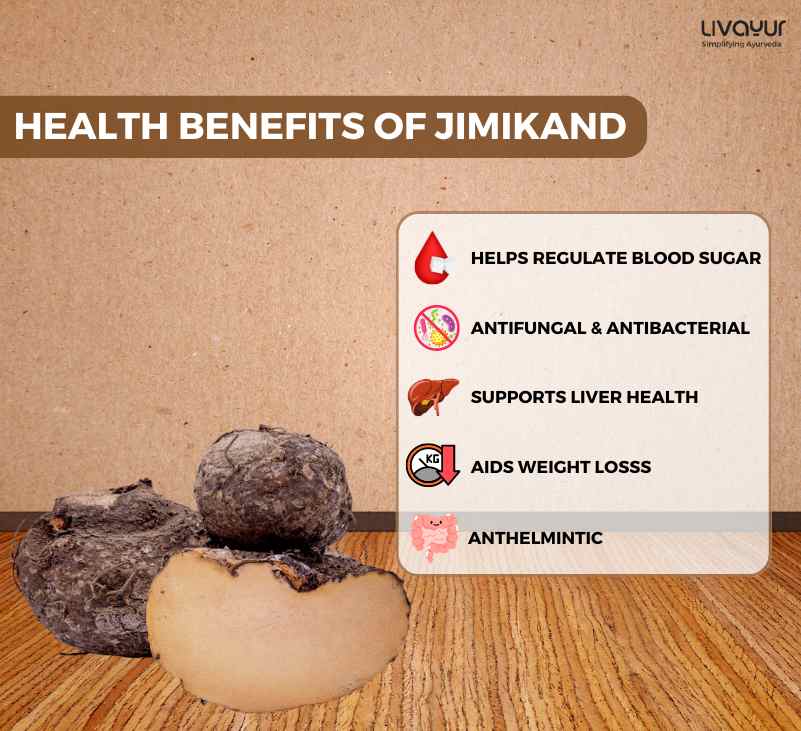
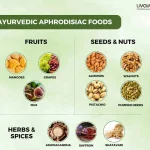






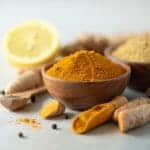



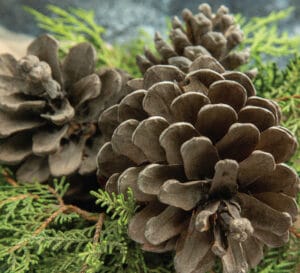






7 Comments